Mozambicans abroad should “act as ambassadors” - Watch
Political agreement in Mozambique provides for pardons for those convicted in post- election protests
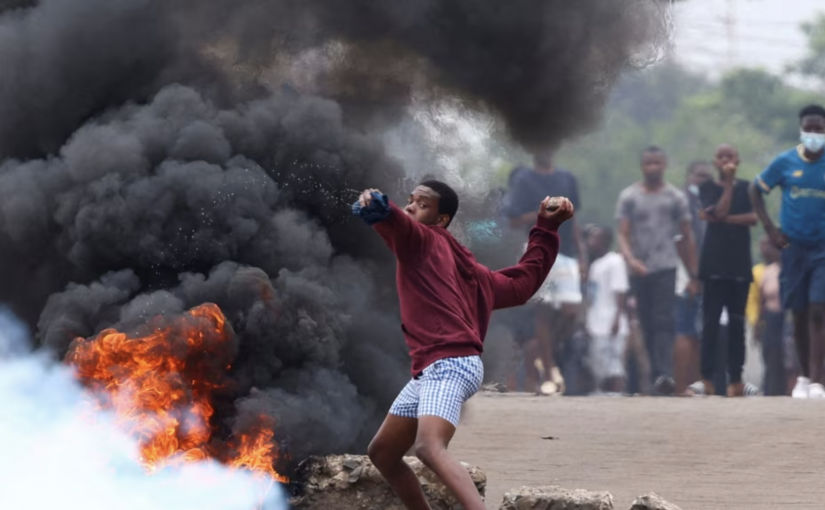
FILE - For illustration purposes only. [File photo: Reuters]
Mozambican President Daniel Chapo said this Wednesday that the political agreement signed in Maputo provides for pardons for those convicted of involvement in crimes during electoral protests, arguing that the document is an “opportunity for reconciliation” between Mozambicans.
“The document recognizes that, in the spirit of humanism and national reconciliation, there will be room for granting pardons to certain citizens convicted in the context of the 2024 elections and violent demonstrations, under terms to be set by Presidential Decree and to be assessed on a case-by-case basis,” announced Daniel Chapo, after signing the agreement with political groups.
Chapo once again urged an end to the demonstrations, which he described as “violent, illegal and criminal”, and stressed that “the agreement is an opportunity for reconciliation between Mozambicans.”
For the President of Mozambique, the agreement opens the way for “strengthening the sense of citizenship”, indicating that respect for democratic institutions and the state are priorities for the peace and development of the country.
“The agreement should allow for the correction of any dysfunctions that exist in our democratic system, leading our citizens to find space in public institutions to claim their rights within the existing democratic framework, within the law, but without resorting to violent methods that lead to destruction,” President Chapo said.
The Mozambican president and the main political parties in Mozambique signed an agreement today regarding the terms for state reforms, as part of the political dialogue to end the post-electoral crisis in the country.
The ceremony took place at the Joaquim Chissano Conference Centre, with the agreement being signed by the parties with seats in parliament, namely the Mozambique Liberation Front (Frelimo), the Optimistic People for the Development of Mozambique (Podemos), the Mozambican National Resistance (Renamo) and the Democratic Movement of Mozambique (MDM).
The non-parliamentary representatives New Democracy (ND), National Reconciliation Party (Parena), Social Renewal Party (Pareso), Humanitarian Party of Mozambique (Pahumo) and
the Democratic Revolution (RD) also signed the agreement.
Although the Mozambican head of state has promised on several occasions to “broaden the
table for dialogue” to “various segments of society”, one of the main criticisms raised by academics and analysts continues to be the absence of Venâncio Mondlane, the second most popular presidential candidate in the 9 October elections, according to the Constitutional Council, and who is leading the strongest challenge to election results that the country has seen since the first elections in 1994.
Since October, Mozambique has been experiencing a climate of strong social unrest, with demonstrations and strikes called by former presidential candidate Venâncio Mondlane, who rejects the election results of 9 October, which gave victory to Daniel Chapo.
Currently, protests, now on a small scale, have been taking place in different parts of the country and, in addition to contesting the results, the people complain about the rising cost of living and other social problems.
Since October, at least 353 people have died, including around two dozen minors, and around 3,500 have been injured during the protests, according to the electoral platform Decide, a non-governmental organization that monitors electoral processes in Mozambique.
The Mozambican government has confirmed at least 80 deaths during the demonstrations,
in addition to the destruction of 1,677 commercial establishments, 177 schools and 23
health units.


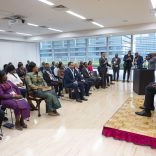

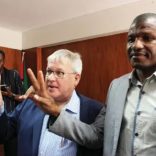
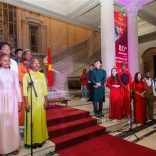
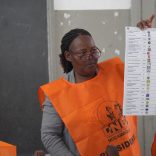





Leave a Reply
Be the First to Comment!
You must be logged in to post a comment.
You must be logged in to post a comment.